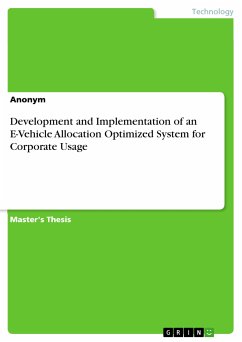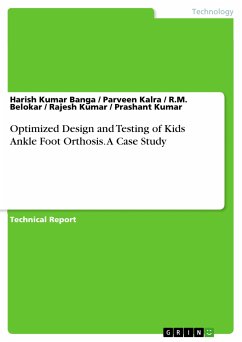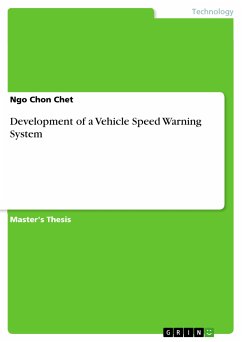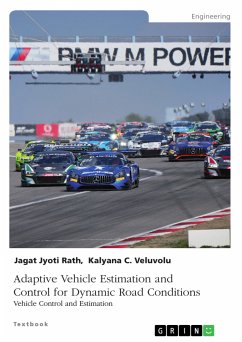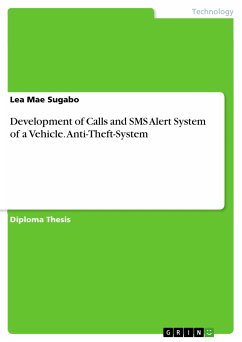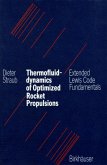Master's Thesis from the year 2018 in the subject Engineering - Automotive Engineering, Technical University of Munich, language: English, abstract: This thesis is an initial approach to analyze the design and implementation of an e-vehicle sharing system in the P3 Group oÿce in Paris. An overview of the electric vehicle charging infrastructure, along with the relevant aspects of charging modes is provided. A showcase of the analysis of di¿erent car-sharing models within Europe is given, after which a specific case study is analyzed in greater detail. The parameters and features for the system were derived from a competitive benchmark of the car-sharing models on the market today. The objective was to assist the company in planning and managing a corporate e-vehicle sharing system in a profitable way while öering the employees good quality service. Therefore, the cost of designing and installing the P3 EV charging station was evaluated. On this matter, empirical data was gathered from P3 employees to better understand their daily commute, their needs and their expectations of the system. An optimization model for distances, cost and charging patterns was discussed and formalized as an integer linear program in MATLAB. Given the complexity inherent to this optimization model, stochastic distribution was employed to minimize the cost for the company, taking into consideration the trips paid and the costs involved-namely, the personal wage of an employee. A focus on the optimal design of an e-vehicle sharing system was necessary, while considering the problem's dimensionality (number of vehicles, parking places, battery capacities, etc.) and employee relocation time. This study determines if the system provides higher net benefits to the company than available transportation alternatives. As a result of this pricing comparison, a significant reduction in total cost could be achieved for the company. The data set conclusively supports the implementation of the e-vehicle sharing system, which provides a decreased cost versus the use of public transportation. A possible avenue of future research is to extend the functionality of the developed model by adding a responsive user demand and possibly, maximizing the car-sharing ridership between employees.
Dieser Download kann aus rechtlichen Gründen nur mit Rechnungsadresse in A, B, BG, CY, CZ, D, DK, EW, E, FIN, F, GR, HR, H, IRL, I, LT, L, LR, M, NL, PL, P, R, S, SLO, SK ausgeliefert werden.

